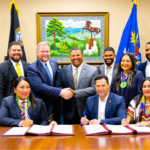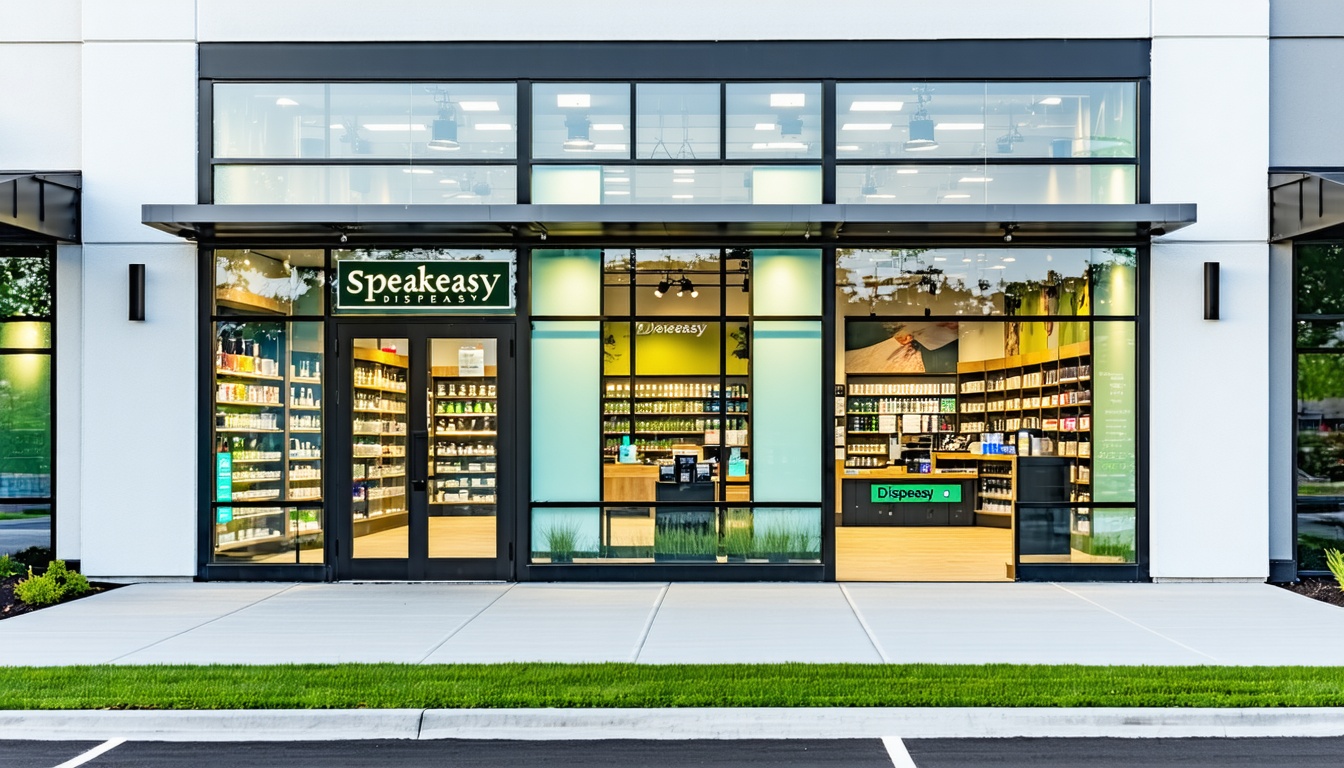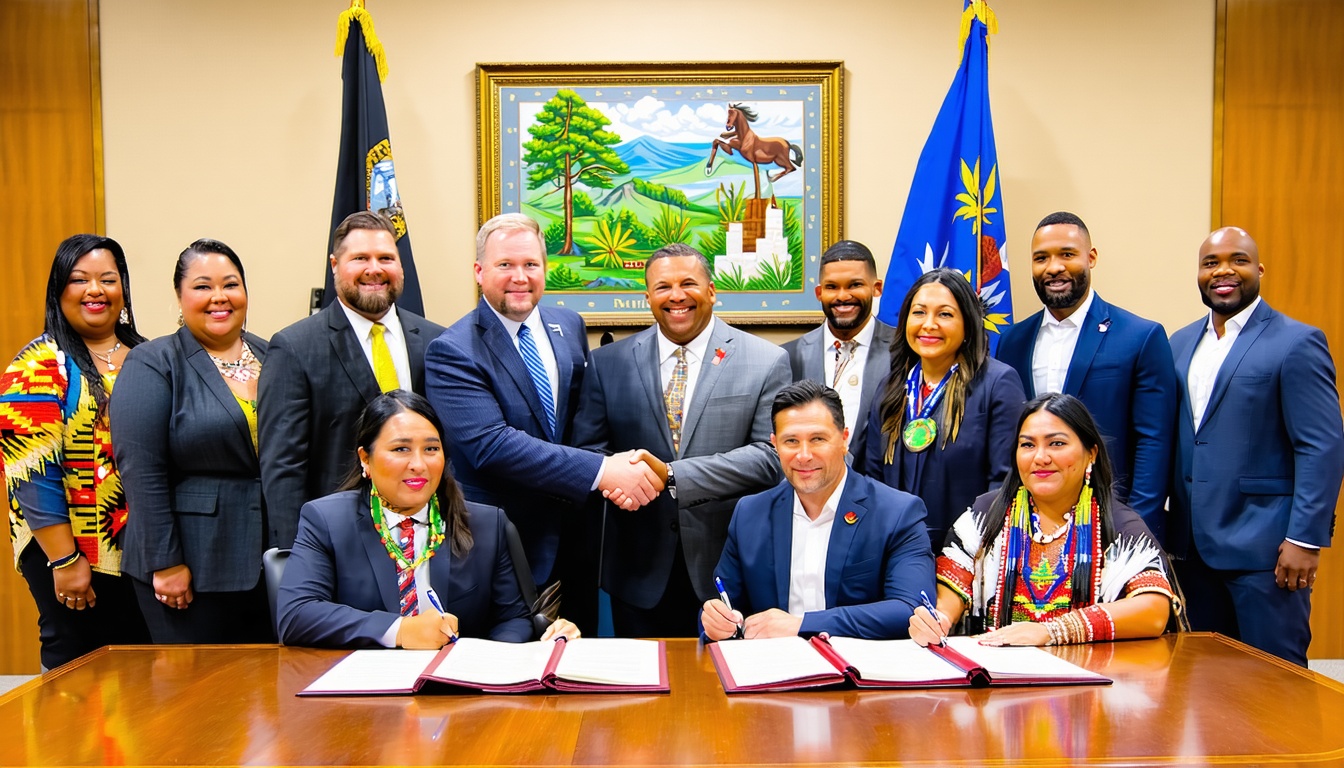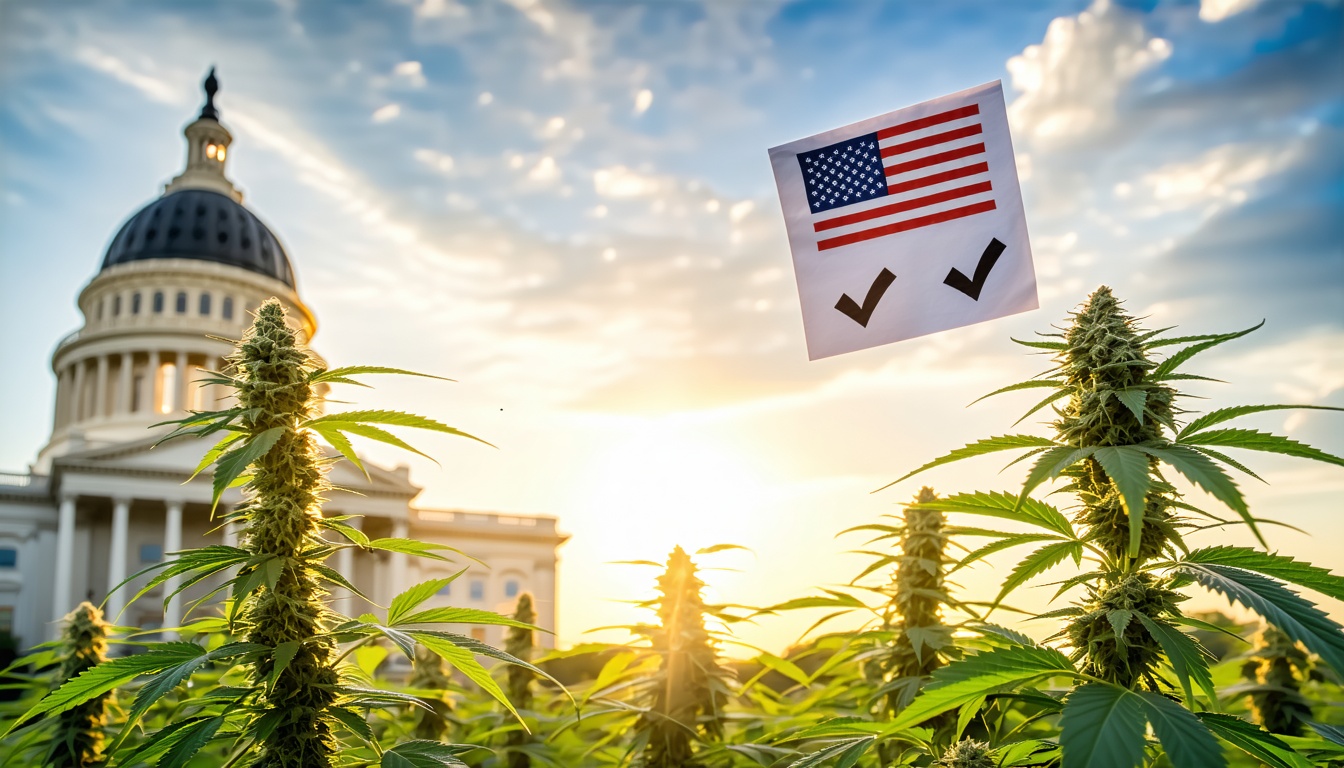Mississippi’s Complex Relationship with Weed: A Guide to the State’s Medical Marijuana Program
Mississippi has a unique relationship with weed, with a medical marijuana program in place but no recreational use allowed. The state’s journey to legalizing medical marijuana began in 2020 when voters approved a ballot initiative, but the process was put on hold due to a lawsuit.
In 2022, the Mississippi Legislature passed a bill to create a medical marijuana program, and Governor Tate Reeves signed it into law. The program is overseen by the Mississippi State Department of Health and the Mississippi Department of Revenue.
To access medical marijuana, patients must first obtain a prescription from a state-registered physician and then register with the Mississippi State Department of Health. There are over 20 qualifying conditions, including cancer, Parkinson’s disease, and glaucoma. Patients can purchase medical cannabis products from one of the state’s 197 dispensaries.
Out-of-state medical cannabis patients can also purchase products in Mississippi, but they must register with the state and provide proof of their valid medical cannabis card.
As of early October, there are 45,689 active, registered patients in Mississippi. The state has 122 large and micro-cultivators, 24 transportation businesses, five medical marijuana testing labs, and 31 processors.
Patients can purchase up to 24 Mississippi Medical Cannabis Equivalency Units (MMCEUs) per month, with a maximum of 28 MMCEUs in their possession at one time. One MMCEU is equivalent to 3.5 grams of flower, one gram of THC concentrates, or 100 milligrams of THC in an infused product.
While recreational marijuana is not currently legal in Mississippi, advocates are pushing for legislation to make it easier for companies that operate in recreationally legal states to do business in Mississippi. With 24 states in the US having legalized recreational marijuana, it’s possible that Mississippi could follow suit in the future.












